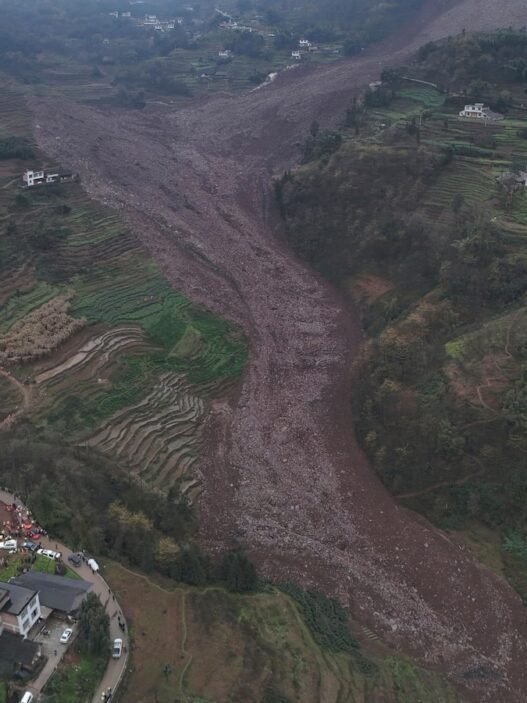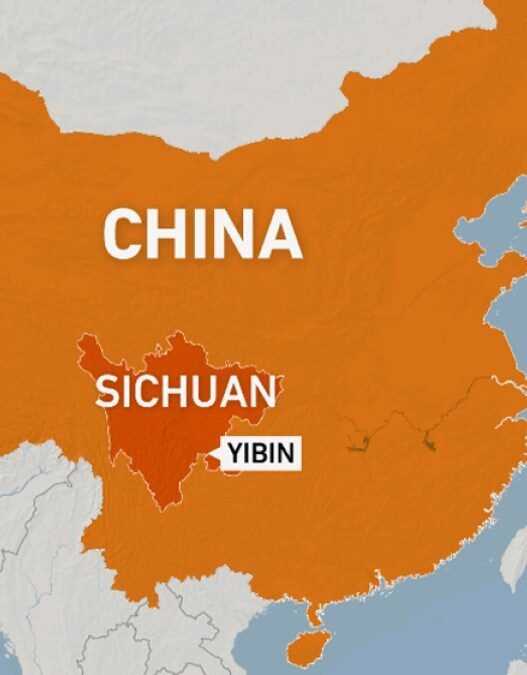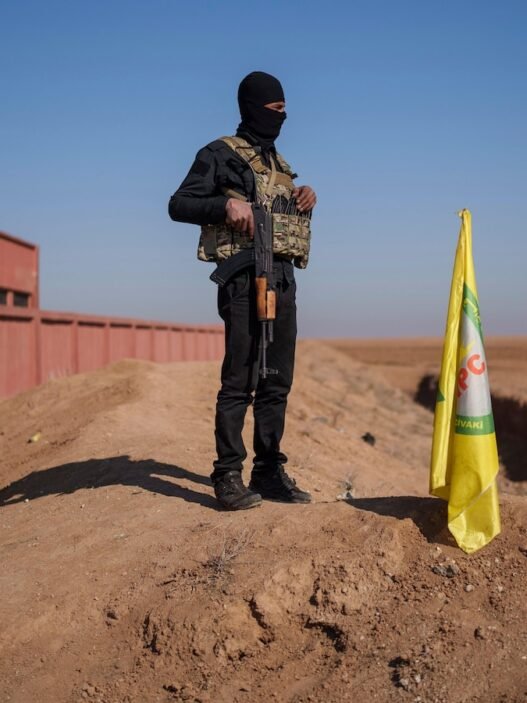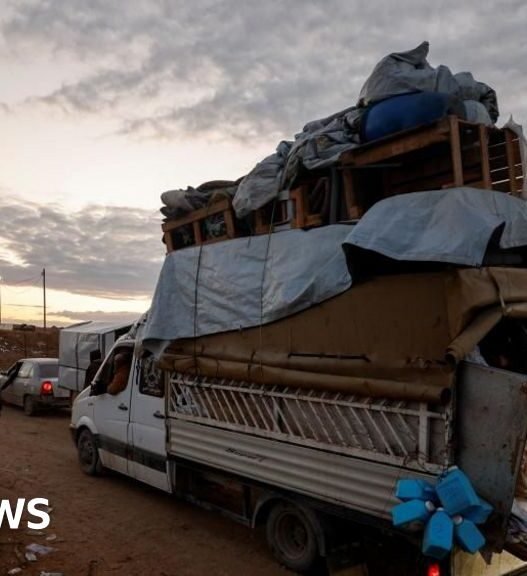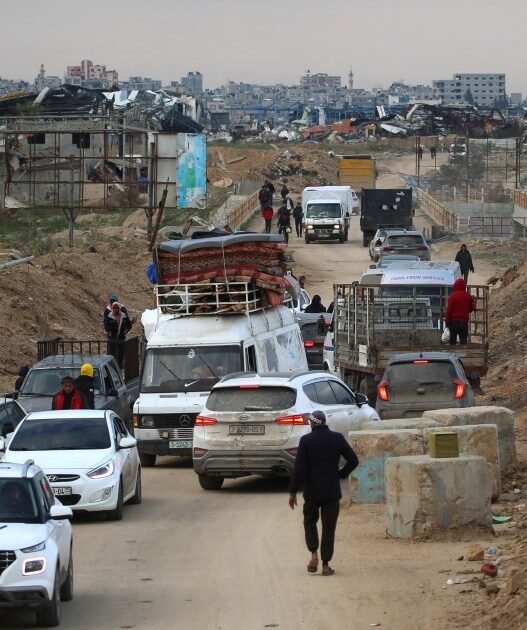The polls will determine who leads Kosovo’s stalled normalisation talks with neighbouring Serbia.
Polls have opened in Kosovo’s parliamentary election, seen as a referendum on Prime Minister Albin Kurti, who has been at odds with his Western allies over relations with neighbouring Serbia.
Voting began at 7am local time (06:00 GMT) on Sunday, according to the Central Election Commission, as Kosovars headed to the polling stations to elect a new parliament and cabinet in a contentious race also focused on the economy and corruption.
Polls will remain open until 18:00 GMT – the ninth such vote in Kosovo since the end of the 1998-99 war that pushed Serbian forces out of the self-declared republic.
Sunday’s vote, a key test for Kurti, will elect 120 lawmakers to the assembly, determining who leads Kosovo’s stalled negotiations on normalising ties with Serbia.
Kurti’s left-wing Vetevendosje, or Self-Determination Movement party, which has sought to dismantle remaining Serbian institutions in Kosovo, is seen as the frontrunner in the election. But the party is not expected to win the necessary majority to govern alone, leaving open the possibility the other two contenders join ranks if he fails to form a cabinet.
The other contenders are the Democratic Party of Kosovo (PDK), whose main leaders are accused of war crimes at The Hague tribunal, and the Democratic League of Kosovo (LDK), the republic’s oldest party.
The opposition parties have made big-ticket pledges to increase public salaries and pensions, improve education and healthcare services and fight poverty.
Kosovo, with a population of 1.6 million, is among the poorest in Europe with an annual gross domestic product of less than 6,000 euros ($6,200) per person.
‘Critical for Kosovo’s future’
Kurti, whose government is the first in Kosovo’s history to finish its full term in office, has had a turbulent rule, marked by regular unrest between Serbs and ethnic Albanians.
Tensions spiked after negotiations backed by the European Union and the United States between Kosovo and Serbia all but collapsed in March 2023.
In the aftermath, NATO peacekeepers were assaulted by rioting Serbs, a deadly armed standoff in the north sent regional tensions soaring, and an explosion targeting a canal vital to Kosovo’s power plants late last year saw Kurti blaming Belgrade.
Kurti also drew Western criticism for controversial measures he took last year, such as a ban on using the Serbian dinar and transfers from Serbia to Kosovo’s ethnic Serb minority members who depend on Belgrade’s social services and payments.
The US, the EU and the NATO-led stabilisation force KFOR have urged the government in Pristina to refrain from unilateral actions, fearing the revival of interethnic conflict.
While Kurti retains a strong support base, his opponents have denounced him for the fraying ties with the US and the EU.
Kurti “has been repeatedly accused by opposition parties of delivering little, defying the international community, and complaining about Serbia while missing out on opportunities to build infrastructure and develop Kosovo economically”, Jonathan Moore, an analyst from the Atlantic Council’s Europe Center, told the AFP news agency.
“The results of this election will be a critical indicator of Kosovo’s future.”
KFOR has increased its presence in Kosovo and added more forces for the election. A team of 100 observers from the EU, 18 from the Council of Europe, and about 1,600 others from international or local organisations will also monitor the vote.




